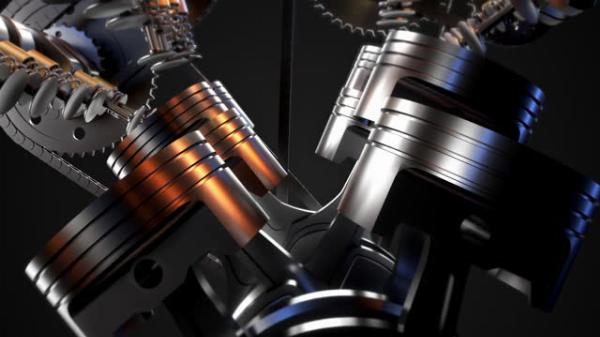 Infographics for Backlinks – Visual Goldmines for Authority Sites!
Infographics for Backlinks – Visual Goldmines for Authority Sites!
Importance of Hyaluronic Acid as a Joint Supplement for Horses
Written by Irene1 » Updated on: June 17th, 2025

Hyaluronic acid is a vital component in maintaining joint health in horses, particularly those engaged in rigorous physical activities. As a natural substance found in the synovial fluid, hyaluronic acid is crucial for lubrication, shock absorption, and overall joint function. In this article, we will explore the importance of hyaluronic acid as a horse supplement and the benefits it offers to joint health.
Hyaluronic acid is a glycosaminoglycan, a type of molecule that binds water and forms a gel-like substance. It is naturally present in various tissues in the body, including the skin, eyes, and joints. In joints, hyaluronic acid is a key component of the synovial fluid, which lubricates and cushions the joints, allowing for smooth and pain-free movement.
Role of Hyaluronic acid in joint health:
Hyaluronic acid provides lubrication to the joints, reducing friction between the cartilage surfaces during movement.
By absorbing mechanical shocks, hyaluronic acid helps protect the cartilage and other joint structures from damage.
Hyaluronic acid facilitates the transport of nutrients and waste products to and from the cartilage cells, promoting overall joint health.
Importance of hyaluronic acid supplements:
Hyaluronic acid, being a component of various equine joint supplement has numerous benefits, such as:
Enhances lubrication
As horses age or engage in intense physical activities, the natural production of hyaluronic acid can decrease, leading to joint stiffness and pain. Horse supplements containing hyaluronic acid, helps restore optimal levels, ensuring adequate joint lubrication.
Hyaluronic acid supplementation may significantly improve joint lubrication in performance horses. The horses receiving hyaluronic acid may show reduced friction and smoother joint movements.
Anti-inflammatory properties
Hyaluronic acid has anti-inflammatory properties that help reduce joint inflammation and associated pain. This is particularly beneficial for horses suffering from conditions like osteoarthritis.
Promotes cartilage health
Hyaluronic acid supports the health and function of cartilage by providing essential nutrients and maintaining a hydrated environment. This helps prevent cartilage degradation and promotes repair.
Supplementing your horses with hyaluronic acid may improve cartilage health and reduce signs of cartilage wear and tear, preserving cartilage integrity.
Improves mobility and performance of horses
Regular supplementation with hyaluronic acid can enhance a horse's mobility and overall performance by reducing joint stiffness and discomfort.
A study reported that horses receiving hyaluronic acid supplements showed significant improvements in their range of motion and performance levels. The horses were able to perform more comfortably and with greater flexibility.
Faster recovery from joint injuries
Hyaluronic acid may accelerate the recovery process from joint injuries by reducing inflammation and supporting the repair of damaged tissues.
Long-term joint health
By maintaining optimal levels of hyaluronic acid in the joints, horses may enjoy long-term joint health, reducing the risk of degenerative joint diseases as they age. Hence, hyaluronic acid could be a valuable preventative measure for long-term joint health of horses.
Types of Hyaluronic acid supplements
Hyaluronic acid supplements for horses come in various forms, including oral supplements, injectables, and topical applications. The choice of supplement depends on the specific needs of the horse and the severity of the joint issues. While all forms have their own benefits, injectable hyaluronic acid may have the most immediate and significant impact on joint health.
For horse owners and trainers, understanding the importance of HA and incorporating it into their equine care routine can significantly improve the well-being and performance of their horses. By choosing the appropriate form of hyaluronic acid supplements, determining the right dosage, and regularly monitoring the horse's response, they can ensure optimal joint health and longevity for their equine athletes.
Note: IndiBlogHub features both user-submitted and editorial content. We do not verify third-party contributions. Read our Disclaimer and Privacy Policyfor details.
Men's Journal is a rugged and refined lifestyle adventure travel, food and drink Get in touch [email protected] to find out how we can help you reach everyday, affluent, and adventure seeking consumers on Men's Journal
Copyright © 2019-2025 IndiBlogHub.com. All rights reserved. Hosted on DigitalOcean for fast, reliable performance.












